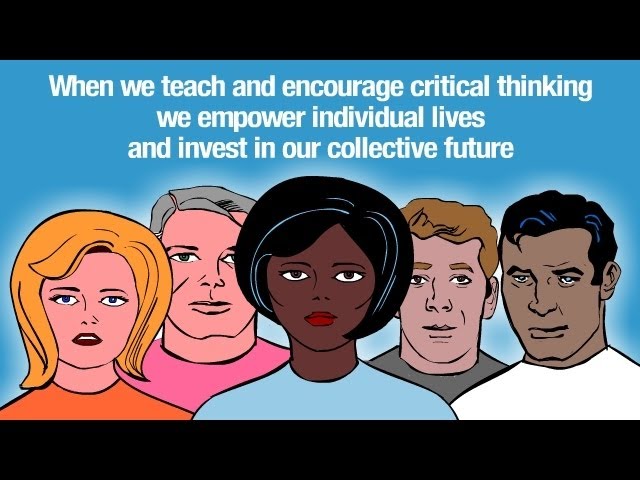In an era where information is readily available at our fingertips, one would assume that scientific knowledge and rational thinking would be more prevalent than ever. Yet, the reality paints a different picture. The average person, despite advancements in our understanding, still falls prey to pseudoscience and clings to commonly accepted but unfounded beliefs. This highlights a concerning worldview that undermines the role of science and reason in our lives. It is a worldview we cannot afford to sustain.
Science, often seen as an esoteric pursuit reserved for experts, is too frequently relegated to the realm of “other people” by the media, the government, and popular consciousness. But this societal perception is not only inaccurate; it is also dangerous. To truly prepare ourselves for the inevitable moments of crisis, we must find a way to reach out to the unreasonable and illuminate the ignorant with the light of reason and knowledge.
Now, more than ever, it is crucial to value and respect science, technology, and reason. However, those who hold science in high regard cannot retreat to the ivory towers of academia. Our progress depends on gaining popular and political support. Without overwhelming public momentum, we risk stagnation in our efforts to advance further. Thus, outreach becomes paramount, and it can originate from anywhere and at any level.
Consider this message a challenge, a call to action for all readers. We each bear a personal responsibility to raise awareness about the vital role of science in our society and the necessity of embracing reason. The time to act is now, for if we remain complacent, we may find ourselves ill-equipped to face the challenges that lie ahead.
By embracing critical thinking and cultivating scientific literacy, we can break free from the clutches of pseudoscience and baseless beliefs. It is through understanding and appreciating the scientific method that we unlock the full potential of our collective intellect. Moreover, we empower ourselves to make informed decisions that shape our individual lives and the world around us.
So, how can we bridge the gap between the scientific community and the general public? The answer lies in active outreach and effective communication. Scientists and educators must strive to make their knowledge accessible, engaging, and relatable to people from all walks of life. This requires breaking down complex concepts into digestible pieces, emphasizing the real-world implications, and encouraging dialogue that fosters curiosity and critical thinking.
Additionally, institutions and organizations need to allocate resources toward science education, ensuring that it receives the attention it deserves in school curricula. By equipping the younger generation with the tools of scientific inquiry and instilling in them a sense of wonder and appreciation for the natural world, we lay the foundation for a scientifically literate society.
Ultimately, the journey toward a scientifically enlightened society begins with each of us. We can contribute by actively seeking out reliable sources of information, questioning unfounded claims, and engaging in constructive discussions based on evidence and reason. Together, we can dismantle the barriers between science and the public, creating a world where pseudoscience is left behind and rationality reigns supreme.
Let us embark on this journey of enlightenment, valuing science, embracing reason, and empowering ourselves and future generations with the tools to think critically. The time for action is now because, without a united effort, we risk falling further into the abyss of ignorance.

